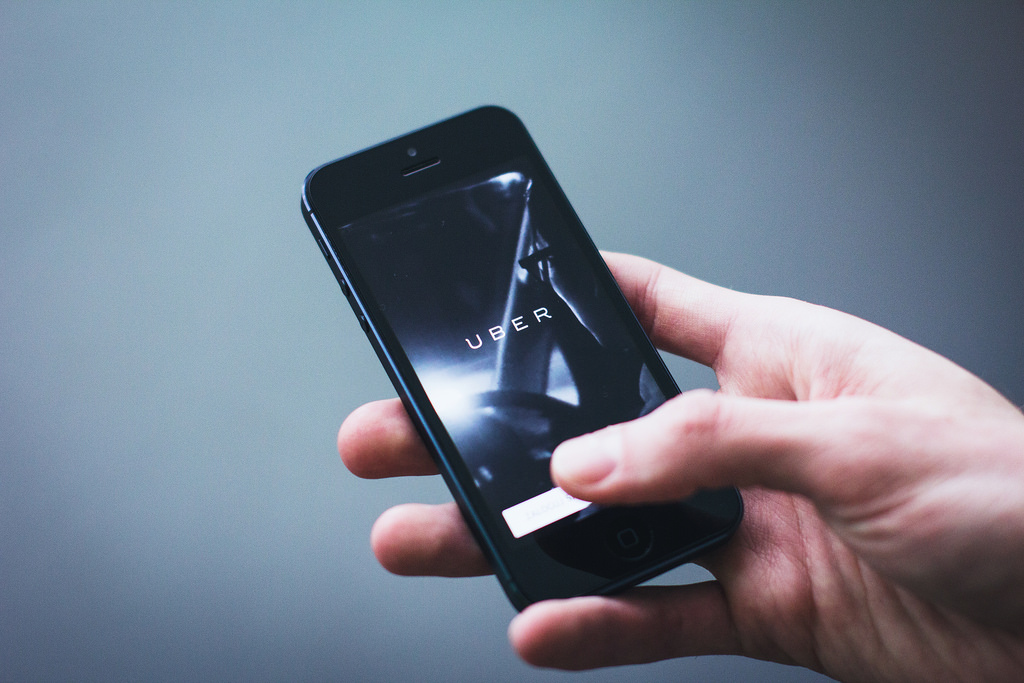A new study published in the American Journal of Epidemiology indicates that Uber has had no discernable effect on reducing accidents related to drunk driving. This directly counters the claims that the cab hailing company has made as recently as this year’s Fourth of July.
According to Uber, surveys that it has done indicated that 80 percent of participants declared that they found the company’s services helpful in preventing them from driving drunk. This was a statement it made early in July when it partnered with Mothers Against Drunk Driving (MADD), as well as local law enforcement agencies in over 25 cities. The purpose of the campaign was to raise awareness regarding the dangers of drunk driving, Digital Trend reports.
However, a study done by researchers at the University of Oxford indicated that Uber might have been inflating its effects on preventing accidents caused by driving when inebriated. The researchers tracked accidents from 2009 to 2014, the period wherein Uber was rising in popularity. According to the results, drunk driving accidents did not reduce in number in accordance with the cab hailing company’s growth.
This is not the whole picture, however, as law enforcement officials in Las Vegas reported zero drunk driving accidents recorded during the time that Uber and MADD were campaigning there. In an interview with The Times, David Kirk, one of the co-authors of the study explained why the ride-hailing company might not be preventing as many drunk driving accidents as it touts.
“If drunk drivers were rational, then in theory a service offering to make alternative forms of transport easier should bring down rates of drink-driving and road traffic deaths,” he says. “However, the average inebriated individual contemplating driving may not be sufficiently rational to substitute drinking and driving for a presumably safer Uber ride.”
In terms of the discrepancy between their results and the studies cited by Uber, Kirk explained that their data is more complete.



 SpaceX Pushes for Early Stock Index Inclusion Ahead of Potential Record-Breaking IPO
SpaceX Pushes for Early Stock Index Inclusion Ahead of Potential Record-Breaking IPO  Alphabet’s Massive AI Spending Surge Signals Confidence in Google’s Growth Engine
Alphabet’s Massive AI Spending Surge Signals Confidence in Google’s Growth Engine  OpenAI Expands Enterprise AI Strategy With Major Hiring Push Ahead of New Business Offering
OpenAI Expands Enterprise AI Strategy With Major Hiring Push Ahead of New Business Offering  TSMC Eyes 3nm Chip Production in Japan with $17 Billion Kumamoto Investment
TSMC Eyes 3nm Chip Production in Japan with $17 Billion Kumamoto Investment  AMD Shares Slide Despite Earnings Beat as Cautious Revenue Outlook Weighs on Stock
AMD Shares Slide Despite Earnings Beat as Cautious Revenue Outlook Weighs on Stock  SoftBank and Intel Partner to Develop Next-Generation Memory Chips for AI Data Centers
SoftBank and Intel Partner to Develop Next-Generation Memory Chips for AI Data Centers  Nvidia Confirms Major OpenAI Investment Amid AI Funding Race
Nvidia Confirms Major OpenAI Investment Amid AI Funding Race  Oracle Plans $45–$50 Billion Funding Push in 2026 to Expand Cloud and AI Infrastructure
Oracle Plans $45–$50 Billion Funding Push in 2026 to Expand Cloud and AI Infrastructure  Palantir Stock Jumps After Strong Q4 Earnings Beat and Upbeat 2026 Revenue Forecast
Palantir Stock Jumps After Strong Q4 Earnings Beat and Upbeat 2026 Revenue Forecast  Elon Musk’s Empire: SpaceX, Tesla, and xAI Merger Talks Spark Investor Debate
Elon Musk’s Empire: SpaceX, Tesla, and xAI Merger Talks Spark Investor Debate  Nvidia Nears $20 Billion OpenAI Investment as AI Funding Race Intensifies
Nvidia Nears $20 Billion OpenAI Investment as AI Funding Race Intensifies  Tencent Shares Slide After WeChat Restricts YuanBao AI Promotional Links
Tencent Shares Slide After WeChat Restricts YuanBao AI Promotional Links  Amazon Stock Rebounds After Earnings as $200B Capex Plan Sparks AI Spending Debate
Amazon Stock Rebounds After Earnings as $200B Capex Plan Sparks AI Spending Debate  Anthropic Eyes $350 Billion Valuation as AI Funding and Share Sale Accelerate
Anthropic Eyes $350 Billion Valuation as AI Funding and Share Sale Accelerate 































